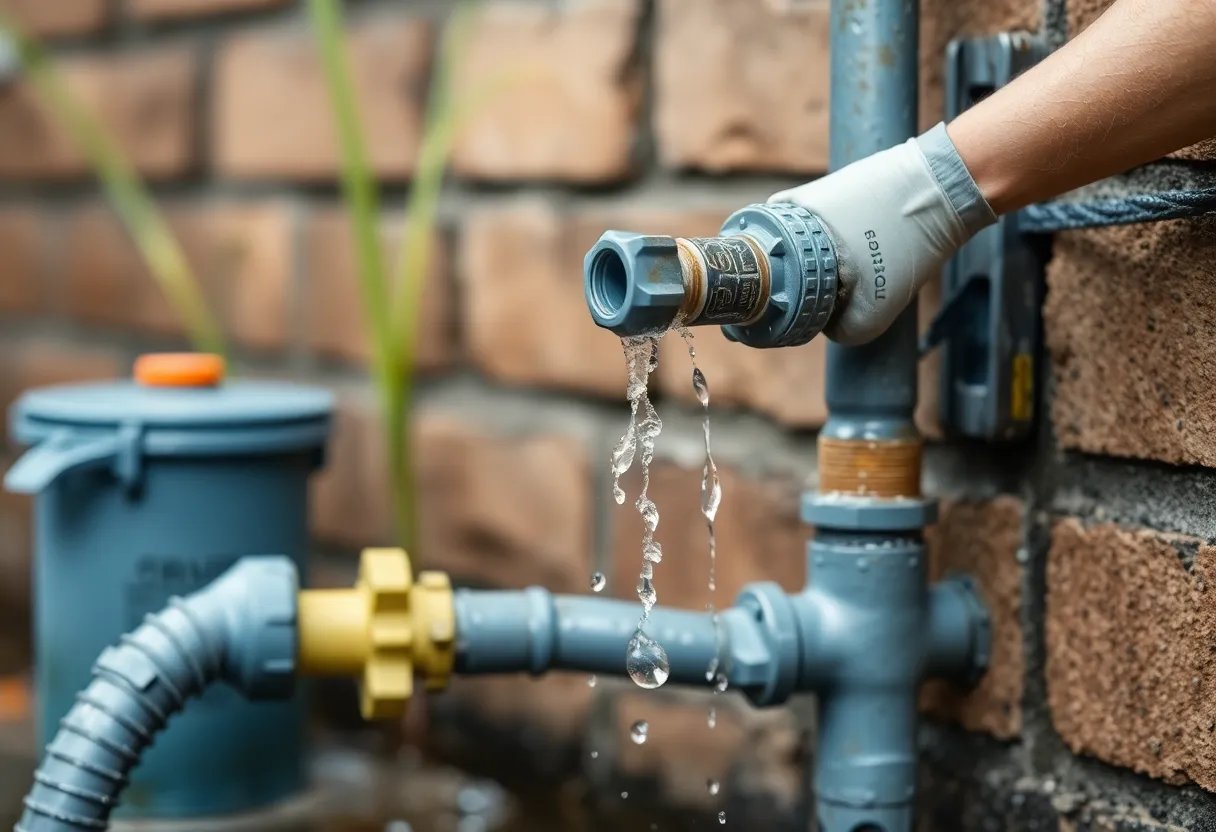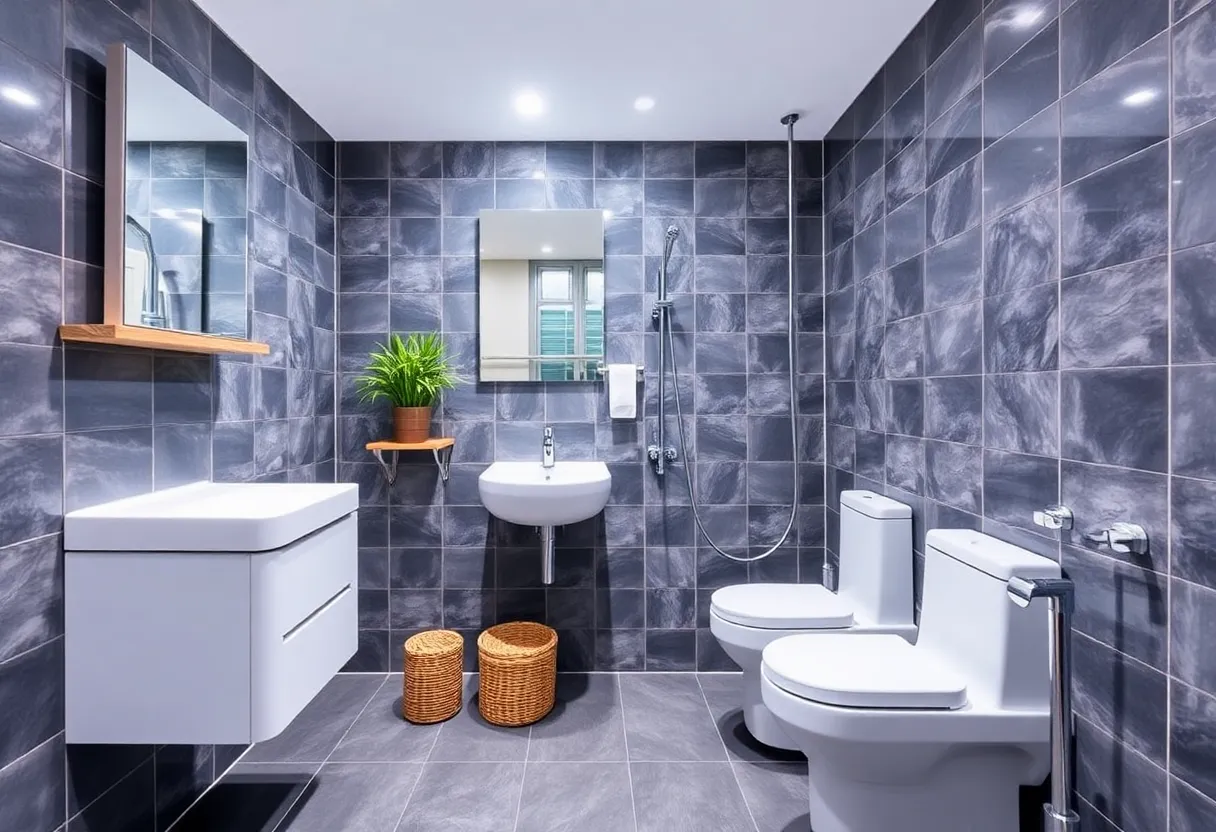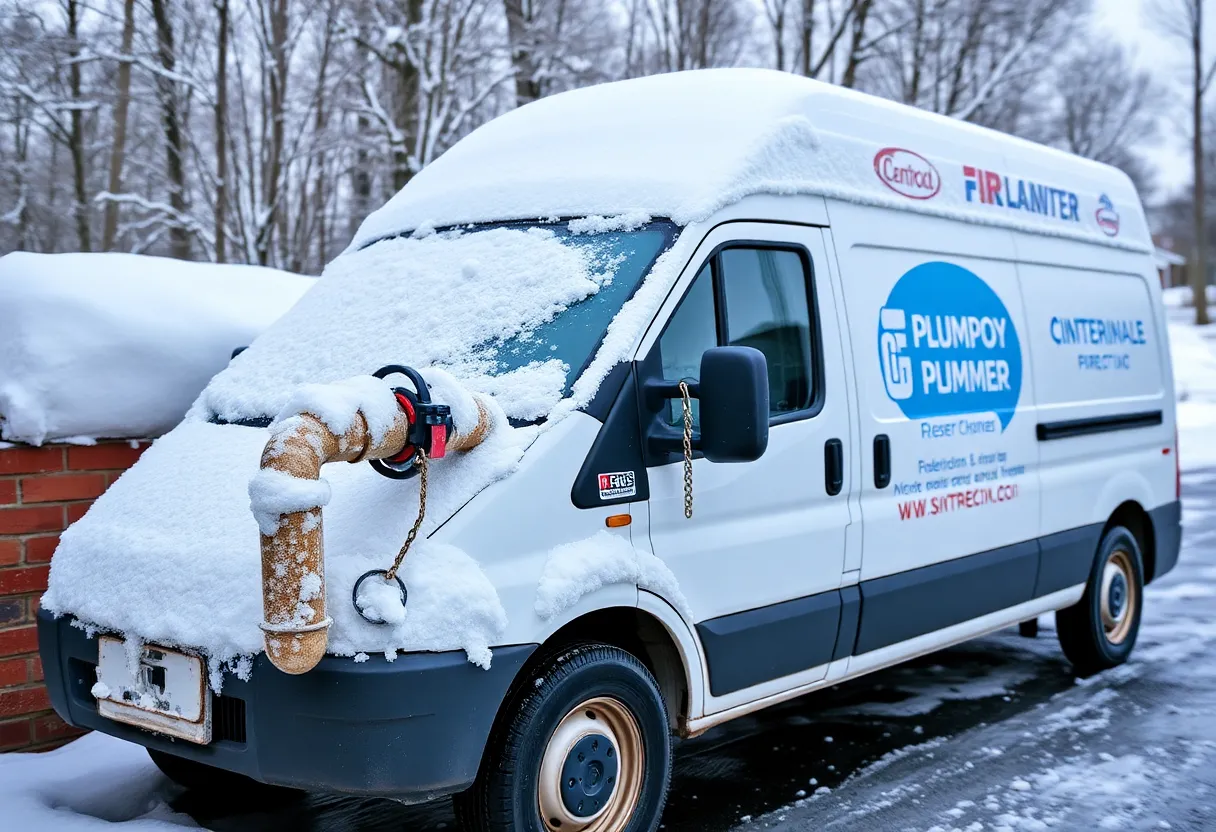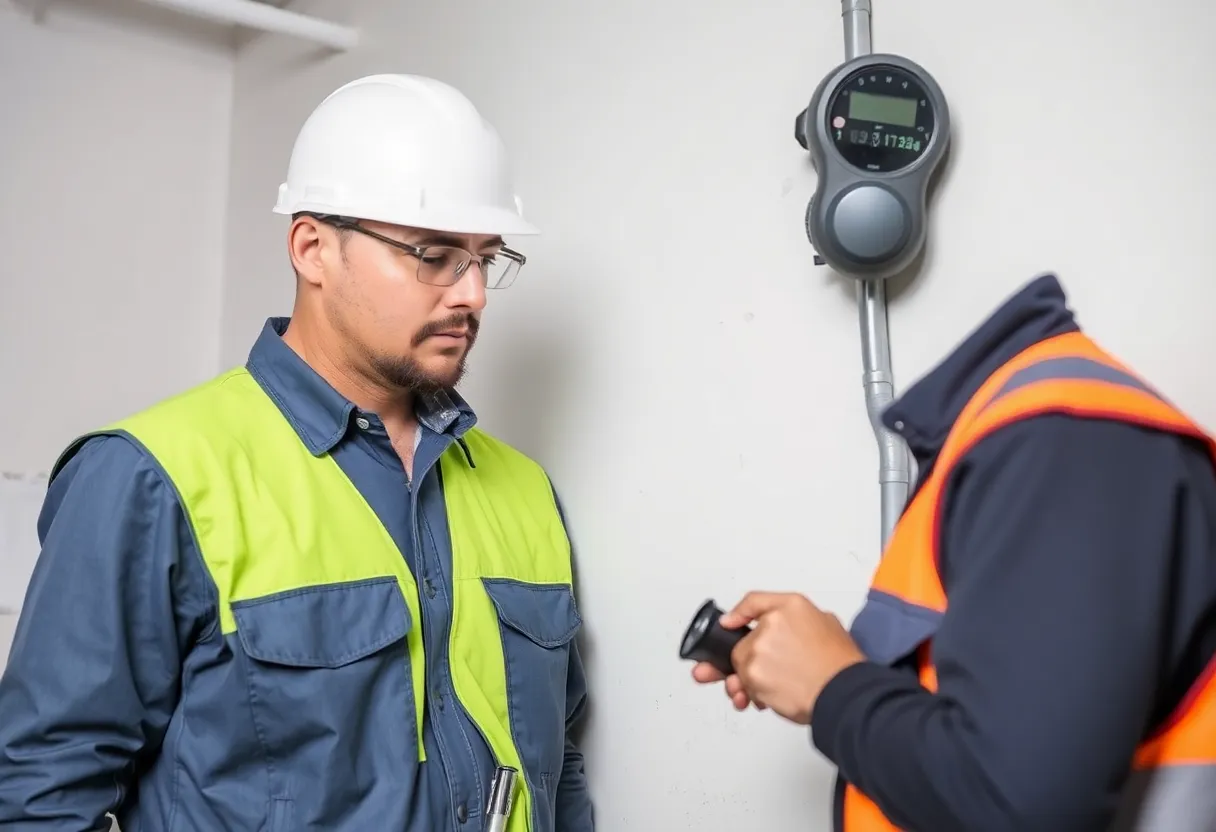The Plumbing Game Plan: 7 Essential Strategies to Prepare Your Home for Rainy Season Challenges
As the rainy season approaches, it’s crucial to prepare your home, especially the plumbing system, to avoid any unexpected challenges. Heavy rainfall can lead to plumbing issues that may cause significant damage if not addressed promptly. In this article, we will discuss seven essential strategies that will help you make a solid game plan for your home’s plumbing system. By following these strategies, you can help ensure that your home remains safe, dry, and protected when the rain pours down.
1. Inspect and Clean Gutters and Downspouts
One of the primary causes of water damage during the rainy season is clogged gutters and downspouts. Leaves, debris, and dirt can accumulate, preventing water from flowing freely.
Steps to Follow:
- Inspect your gutters: Check for visible blockages or sagging sections that can hinder water flow.
- Clean your gutters: Use a ladder to safely remove leaves and debris. If necessary, hire a professional.
- Check downspouts: Ensure water flows away from your home’s foundation. Attach downspout extensions if needed.
Regular maintenance of gutters and downspouts can significantly reduce the risk of water pooling around your foundation, which could otherwise lead to plumbing backups.
2. Examine Your Roof for Leaks
The roof is your home’s first line of defense against rain. Any weaknesses or leaks in your roof can directly affect your plumbing system and lead to costly water damage.
Key Areas to Inspect:
- Shingles: Look for missing or damaged shingles that may allow water to seep in.
- Flashing: Ensure that the metal flashing around chimneys and vents is sealed properly to prevent leaks.
- Roof Valleys: Check the valleys where two sloping sections meet, as they can collect water.
Scheduling a professional roof inspection before the rainy season can give you peace of mind and save you from unexpected plumbing issues.
3. Check and Maintain Sump Pump
If your home has a basement or lower level, a sump pump is essential for preventing flooding during heavy rainstorms. Regular maintenance of your sump pump is crucial to ensure its functionality.
Maintenance Steps:
- Test the pump: Pour water into the sump pit to ensure the pump activates properly.
- Clean the pit: Remove any debris that could block the pump or float switch.
- Inspect the discharge pipe: Ensure water flows away from your home’s foundation.
A sump pump in good working condition can significantly lower the risk of flooding and water damage during heavy rains.
4. Inspect Plumbing Fixtures and Pipes
Now is the time to pay attention to your home’s plumbing fixtures and pipes. Old or damaged plumbing can become a serious problem when challenged by excessive rainwater.
Key Points to Consider:
- Look for leaks: Check under sinks, around toilets, and near appliances for drips or moisture.
- Check pipe insulation: Exposed pipes that lack insulation can lead to condensation problems when it rains.
- Evaluate the age of pipes: If your home has old pipes made of materials like lead or polybutylene, consider replacement.
Addressing plumbing issues before the rainy season can help avoid serious damage and costly repairs during heavy rainfall.
5. Prepare Your Landscaping
Landscaping can greatly affect how water drains around your home. Proper grading and strategic plant placement can help manage rainwater effectively.
Strategies to Implement:
- Grade the land: Ensure that the ground slopes away from your home’s foundation to facilitate proper drainage.
- Plant strategically: Use native plants and trees that require less water and can help absorb excess rainfall.
- Install rain gardens: These can help manage stormwater runoff and prevent flooding.
Effective landscaping can not only beautify your home but also protect it against rainy season challenges.
6. Understand Your Home’s Drainage System
An effective drainage system plays a critical role in your home’s plumbing during heavy rains. Understanding how your drainage system works can help you identify any areas that need attention.
Important Components to Review:
- Storm drains: Ensure they are clear and functioning to direct rainwater away from your property.
- Main sewer line: Make sure it’s not clogged; consider a professional assessment for larger issues.
- French drains: If you have them, ensure they’re clear of debris and functioning correctly.
Taking the time to understand and maintain your drainage system will help minimize the risks associated with heavy rainfall.
7. Create an Emergency Plan
Despite all your preparation, there may still be unforeseen challenges during the rainy season. Having an emergency plan in place can help you act promptly and effectively when necessary.
Elements of Your Emergency Plan:
- Know the location of your shut-off valves: Familiarize yourself with how to turn off the water supply in case of leaks or flooding.
- Gather essential supplies: Keep sandbags, towels, and a pump handy for emergency situations.
- Access to professionals: Keep contact information for a reliable plumber or disaster recovery service.
Your emergency plan can make a world of difference when dealing with unexpected plumbing challenges during the rainy season.
Conclusion
Preparing your home for the rainy season is not just beneficial; it’s essential. By implementing these seven essential strategies, you can significantly reduce the risk of plumbing challenges and water damage. Investing time and effort into maintenance can save you both money and stress down the road. Remember that preparation is the key to effectively navigating the rainy season challenges that can impact your plumbing system.
Stay proactive, keep your home dry, and enjoy the refreshing rains without worry!









